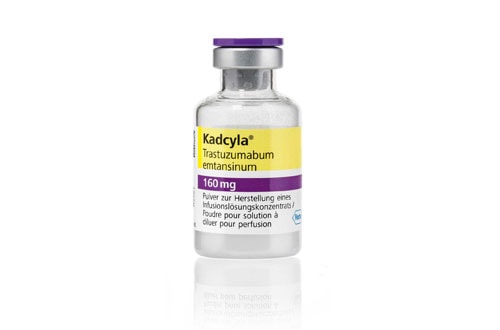
England’s Cancer Drugs Fund (CDF) can improve early access to innovative new oncology drugs, according to Malcolm Qualie, pharmacy lead for specialised services within NHS England.
Speaking at the recent Pharmacy Management Forum in London, Qualie told PMLiVE that recent changes to the Fund will not mean patients lose access to important new treatments as some in the industry fear.
“We’re not replacing the National Institute for Health and Care Excellence (NICE),” said Qualie, responding to concerns over the introduction of a pricing assessment element to the Fund, which was launched by the Coalition Government in 2010 to pay for cancer drugs not recommended by NICE for NHS reimbursement.
The Fund was initially meant to last for three years until the introduction of value-based pricing (VBP) in the UK. However, since the UK decided to stick with PPRS for drug reimbursement, the Fund has been extended and received extra funding so patients don’t miss out on cancer treatments.
Questions have been raised about the sustainability of the Fund, however, and earlier this year NHS England announced that it would be introducing a pricing assessment element to the CDF to determine if a drug can remain on the list of available treatment.
For Qualie this does not mean patients will miss out on new cancer treatments, but will instead allow the Fund to be used most effectively.
“It’s a very simplistic system that gives a drug a score,” said Qualie. “This score could potentially lead to a medicine coming off the list but it gives a chance for industry to come in and talk to us about price.
“Some in the industry will moan about it and say that the CDF shouldn’t exist and that NICE should be changing the way it reviews cancer drugs. But our goal with the extra money we now have – £280m – is to use that as effectively as possible to bring the right drugs to the right people.”

Roche’s Kadycla is one of several new medicines available on the NHS via the Cancer Drugs Fund
The likely effect is that it will be older, less effective drugs that are removed from the list rather than newer treatments, said Qualie.
“Companies that have new drugs coming to market are more than happy to see older drugs less effective drugs coming off the list,” he said. “And we have always said that any area where there is an unmet need those drugs will stay on the list as long as they have the evidence.”
Instead, changes to the CDF could actually benefit pharma by allowing for early access of medicines in the UK.
“If we can get this right companies will be able to gain market access just weeks after launch,” said Qualie, who explained that by being available through the fund, NICE will be able to collect and assess data from a drug’s use in the real world over a period of months so it can then make its recommendation based on more than just clinical trial data.
“By having this early access where we have on drug in use on the NHS for 12 months to two years we will have a much better understanding of how that drug works and whether it is producing the benefits suggested in clinical trials.
“It will allow NICE to have a much more assured position on whether that drug is cost effective in the NHS.”




